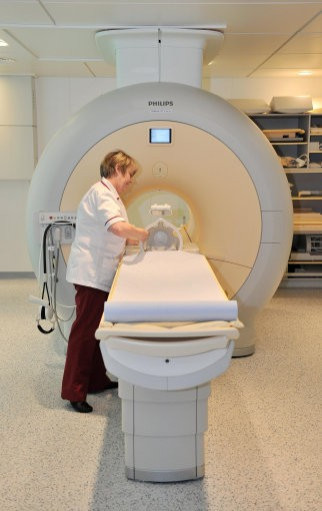MRI Test Better for Heart Patients: Study

Research, conducted at the Leeds University and tried on heart patients in the UK, has shown that a magnetic resonance imaging (MRI) scan for coronary heart disease is better than the most commonly-used alternative.
The research findings can change the way people with suspected heart disease are assessed, potentially avoiding the need for tests that are invasive or use ionising radiation.
Coronary heart disease (CHD) is a leading cause of death and disability, which is caused when vital arteries serving the heart become narrowed or blocked by a build-up of fatty substances. It can lead to severe chest pain, known as angina. If the condition worsens and if it remains untreated, patients will suffer a heart attack.
The research involved 752 patients. It showed that an MRI scan is a reliable way of detecting signs of significant CHD. The researchers also showed that MRI was better than SPECT in diagnosing CHD and in ruling out heart disease in patients who did not have the condition.
Patients with chest pain who are suspected of having angina will be sent to hospital for further tests. These tests will confirm the diagnosis of CHD and help doctors decide on the best course of treatment, which may involve drug therapy, a balloon "stretch and stent" procedure to open-up narrowings in the heart's blood vessels - or a heart bypass operation.
"MRI is better than the more commonly-used SPECT imaging test. As well as being more accurate, it has the advantage of not using any ionising radiation, sparing patients and health professionals from unnecessary exposure," study author John Greenwood said in a statement.
"This research shows that a full MRI scan is better than the most commonly used alternative - a SPECT scan using a radioactive tracer. MRI has the additional advantage that it doesn't involve radiation," Medical Director at the British Heart Foundation Peter Weissberg said in a statement.
In the UK, around 2.6 million people are suffering from Coronary heart disease (CHD), which costs NHS £9 billion per year.
The research has been published online by the The Lancet medical journal.
© Copyright IBTimes 2025. All rights reserved.





















